Strategies to score high in Sentence Equivalence of the GRE
What is sentence equivalence in the GRE?
Sentence equivalence questions of the GRE consists of a single sentence, one blank, and six answer choices. You need to select two correct answers from the answer choices. Throughout the GRE, it uses radio buttons for questions with only one correct answer, and for more than one correct answer it uses square checkboxes. Most importantly, to get a Sentence Equivalence correct, you must select both the answers correctly. There is no partial credit for getting one answer correct. Let’s go through Strategies to score high in Sentence Equivalence of the GRE.
Sentence equivalence questions are sometimes based on hard vocabulary questions; sometimes you may across the question in which the structure of the question can be complex or all of the things at once. If you look out the answer choices, they will always fit grammatically into the sentence, and most of them will sound alluring. Therefore, you need to apply the proper strategy to win over these questions.
What tactics should be applied to get the correct answer?
1. Analysis of the question:
The test makers have to specifically construct sentences that have hints planted in them for you to find.
Finding the Clue
The clue is like an arrow that points only to correct answers. Finding the clue is the key to coming up with your own word and eliminating wrong answers!
Three things to remember:
- Spend some time to understand the sentence properly. Stick with the sentence until you discover the story. Don’t even think about looking at the answer choices until that story is crystal clear.
- Come up with your own word for the blank and use it to eliminate answer choices. Actively identify and eliminate wrong answers.
- Mark the answer and check. If a sentence isn’t making sense, or none of the answer choices look right, leave it. Don’t waste your much time in the sentence. You may have not understood the question correctly. Do a few other questions to distract your brain, and then take a second look at it.
Triggers
Triggers indicate whether the blank is on the same side or as the opposite side from the clue. Here are some of the common triggers that appear in GRE sentences:
| SAME DIRECTION | OPPOSITE DIRECTION | CASUAL RELATIONSHIP |
| And | But | Because |
| Also | Despite | Therefore |
| Furthermore | However | Hence |
| Moreover | Nevertheless | So |
| Besides | Still | Consequently |
| Not only…But also | Though | As a result |
| In addition | Yet | Thus |
| Semicolon(;) | On the other hand | |
| Colon(:) | In spite of | |
| In fact | Although | |
| Just as | On the contrary |
2. Analysis of the answer choices:
Just simply looking at the answer choices for two words that mean the same thing can be misleading. Firstly, answer choices may contain the synonyms but do not fit coherently into the sentence, thus do not account for the correct answer. Secondly, the pair of words that do constitute the correct answer may not mean exactly the same thing, since all that matters is that the resultant sentences mean the same thing.
On the actual GRE test, it is almost the case that two answers are pretty close to being synonyms. There can be more than one pair of synonyms in the answer choice. However, that is unlikely in the exam.
When to use this strategy:
Before even reading the sentence, you can directly proceed with the answer choices. Nevertheless, this approach is effective only when you know the meaning of all the words in the options. You need to have a strong vocabulary to use this strategy. Hence, it is preferable to have an analysis of the answer choice as a backup plan.
Here is an example for your better understanding.
First of all, understand the meaning of the sentence. Fill the blank with your own words. Think about if it can be a positive word or negative. And, by process of elimination mark the correct answer.
The financial situation in many European countries is ______ enough that even a small incident could lead to catastrophe.
- calamitous
- unstable
- illegitimate
- unsafe
- precarious
- cataclysmic
Answer: Unstable, Precarious. The situation in Europe is bad enough that small incidents can lead to a big disaster. Thus, we could fill in the blank with something like unsteady.
Calamitous and cataclysmic are an incorrect pair. Unsafe and illegitimate have no relation.
What if you don’t know the words?
If you are not able to find the correct pair of synonyms, then maybe you didn’t understand the sentence correctly. Read it once again if you are still not able to think the correct words then leave the question. Mark your best guess and move on.
ETS tells us not only to check that the two answers we select for a question create sentences that mean the same thing, but also to make sure that each one produces a sentence that is logically, grammatically coherent. Therefore, it is very crucial to learn words in the context.
To perform magnificently on the GRE, that’s how well you want to know the new words: inside and out. Since the vocabulary can spare you from all the parts of the verbal section in the GRE. You should be adaptable by the way you utilize and decipher those words. You don’t have any option apart from making your vocabulary strong. We can help you with that. Download the WordsCoach app from this link, and learn 10 new words on a daily basis. In addition, it comes up with the synonyms, antonyms and how you can use them in a sentence. Thus, you can learn words easily and in context.
I hope you can use these Strategies to score high in Sentence Equivalence of the GRE
Hope it helps!! Happy Learning
Written by,
Jaini Bhavsar (There’s always room for bliss.)
5th June 2020
Connect with me on LinkedIn
Download Words Coach Application
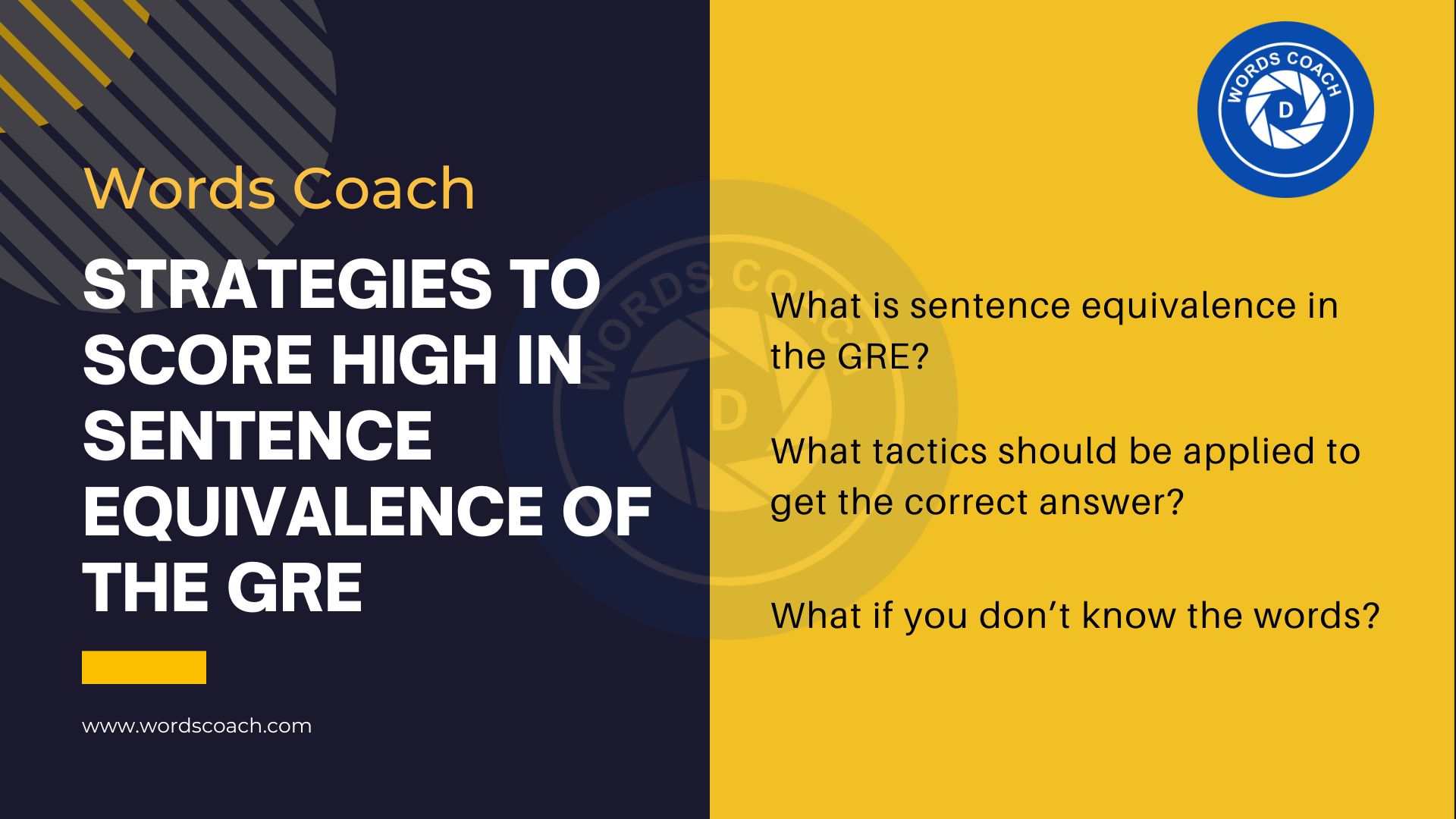
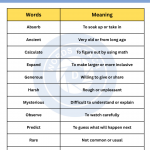
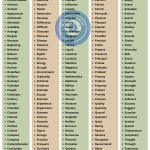
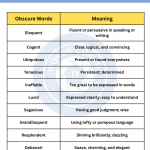
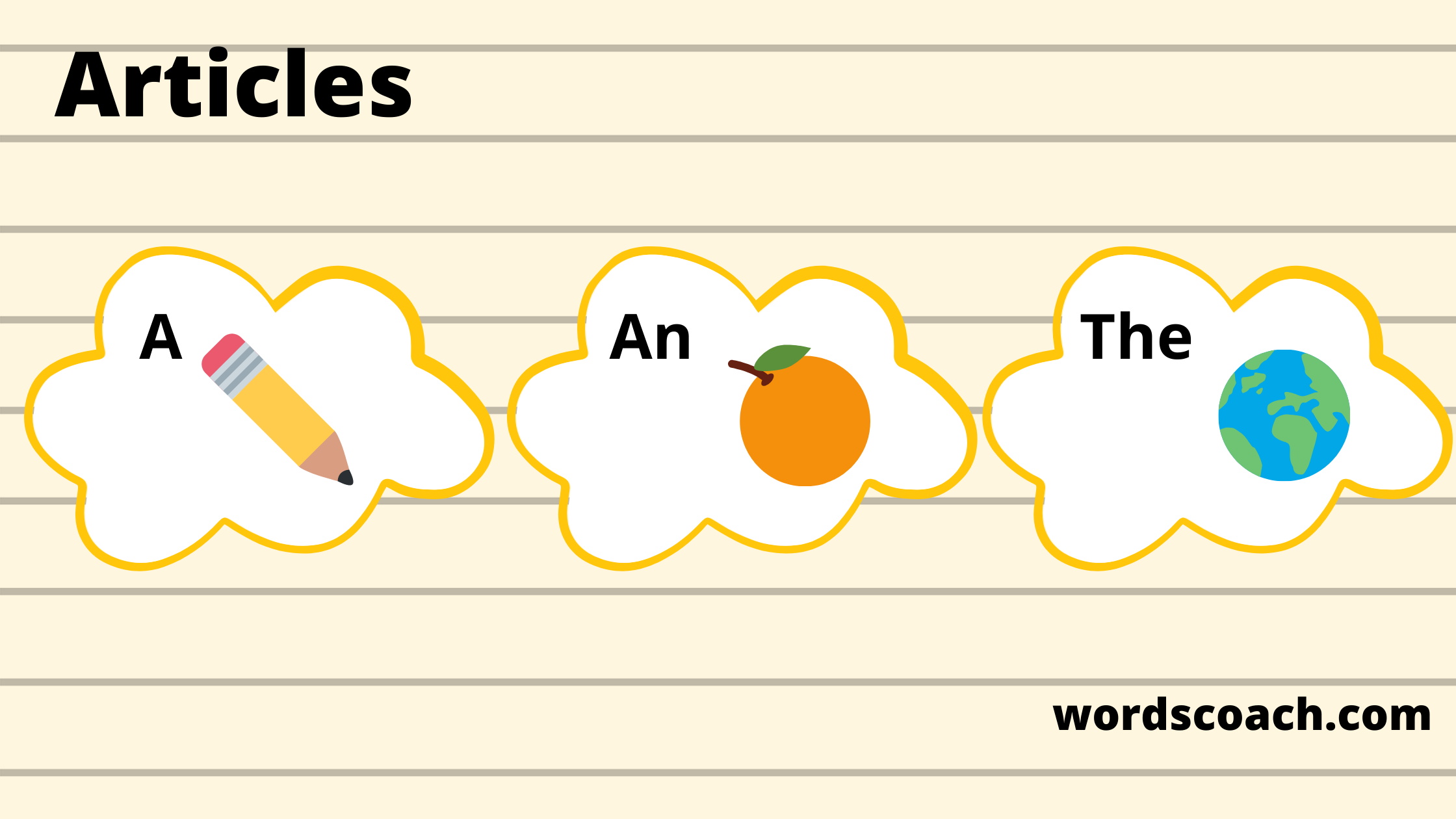

Nice .. Also
Original Answer Creation (Use context clues with own word)
Synonymity Check
Sentence Simplification
Option Elimination
rewrite the question